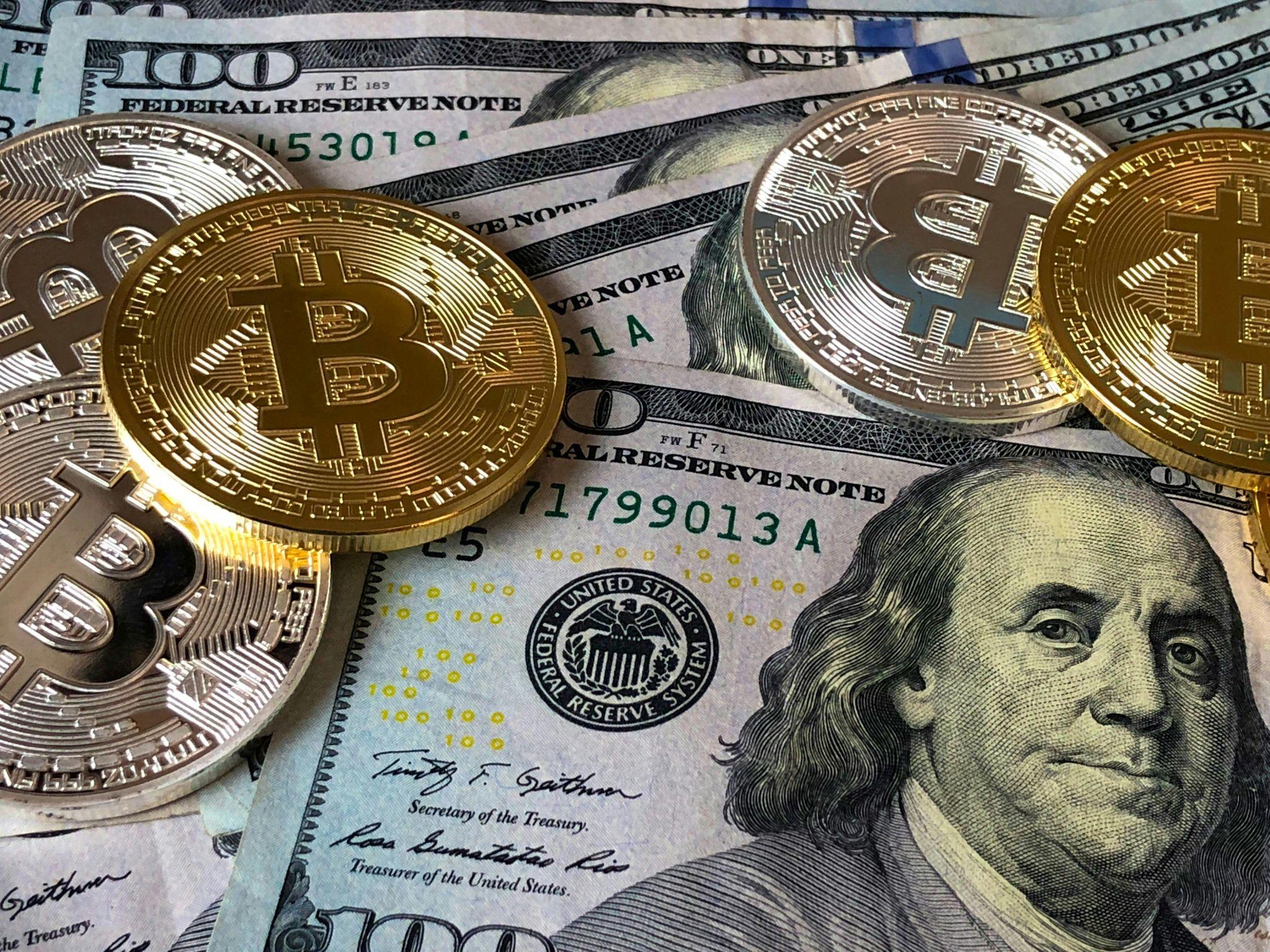
The dollar’s recent strength, coupled with its modest retreat from 5-1/2-month highs, underscores the significance of Federal Reserve policy in shaping currency market sentiment. Despite ongoing uncertainties surrounding the global economy, Federal Reserve officials have refrained from signaling any imminent rate cuts, opting instead to maintain a cautious stance on monetary policy. This commitment to a restrictive policy approach has prompted investors to reassess their expectations for future rate adjustments, resulting in a recalibration of market sentiment towards the dollar.
Geopolitical Turbulence and Safe-Haven Demand
Against a backdrop of geopolitical tension, particularly in the Middle East, the dollar has emerged as a preferred safe-haven asset for investors seeking refuge from market volatility. Escalating conflicts between Israel and Iran have heightened geopolitical risks, prompting investors to flock to the perceived safety of the greenback. The prospect of further turmoil in the region has bolstered demand for the dollar, reinforcing its status as a haven in times of geopolitical uncertainty.
Analyst Insights and Dollar Outlook
Despite its recent pullback, some analysts maintain a bullish outlook on the dollar, citing ongoing geopolitical tensions and evolving monetary policy dynamics. Jane Foley, senior forex strategist at Rabobank, underscores the potential for the dollar to benefit from safe-haven flows amidst heightened geopolitical risks, reiterating a target for the euro/dollar exchange rate at 1.05. Bank of America’s revised forecast for Fed monetary easing, delaying expectations for rate cuts until later in the year, suggests further support for the dollar if market expectations align with this outlook.
Eurozone Concerns and Yen Weakness
In contrast to the dollar’s resilience, the euro has faced pressure amid uncertainty surrounding the Fed’s policy trajectory. With market participants pricing in reduced odds of future rate cuts, the euro’s outlook remains uncertain, with potential downward pressure on the euro/dollar exchange rate looming. Meanwhile, the yen has experienced sustained weakness against the dollar, reaching its lowest level in 34 years. Concerns over potential Bank of Japan intervention persist, reflecting anxieties about the yen’s continued decline and its implications for currency markets.
Emerging Market Challenges and Currency Volatility
The dollar’s strength has reverberated across emerging markets in Asia, exacerbating currency volatility and prompting central banks to intervene in foreign exchange markets. Authorities in countries such as South Korea and Indonesia are actively managing currency depreciation and market instability, underscoring the challenges posed by the dollar’s dominance in global currency markets. Despite efforts to stabilize their currencies, emerging market economies face ongoing pressures from the dollar’s strength, highlighting the need for vigilant policy responses to mitigate currency volatility.

Navigating Uncertainty: Implications for Investors
In navigating the complex landscape of currency markets, investors confront a myriad of challenges and uncertainties. The interplay of geopolitical risks, monetary policy dynamics, and market sentiment underscores the need for a nuanced approach to decision-making. As the dollar continues to assert its dominance in global currency markets, investors must remain vigilant in assessing evolving market conditions and adjusting their strategies accordingly. With geopolitical tensions and monetary policy developments shaping currency market dynamics, the path forward remains uncertain, requiring adaptability and foresight to navigate turbulent terrain.
Policymakers’ Response to Currency Volatility
Policymakers are also grappling with the implications of currency volatility on economic stability and growth. Central banks in both developed and emerging economies are faced with the challenge of balancing exchange rate stability with domestic economic objectives. The prospect of continued dollar strength and its impact on global trade and investment flows necessitates a coordinated response from policymakers to mitigate the adverse effects of currency fluctuations. Collaborative efforts to address currency volatility and its underlying drivers are essential to fostering sustainable economic growth and stability in an interconnected global economy.
Conclusion: Charting a Course Amidst Uncertainty
As investors and policymakers navigate the complexities of currency markets, a cautious and adaptive approach is imperative. By closely monitoring geopolitical developments, central bank policies, and market dynamics, stakeholders can better anticipate and respond to shifting trends and uncertainties. While the dollar’s strength and geopolitical tensions pose challenges, they also present opportunities for informed decision-making and strategic positioning. In an environment characterized by uncertainty, resilience, and flexibility are key attributes for success. By remaining vigilant and proactive, investors and policymakers can navigate the evolving landscape of currency markets and position themselves for long-term success and stability.










